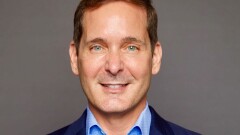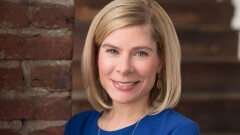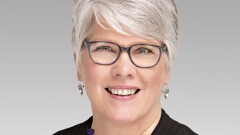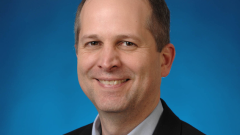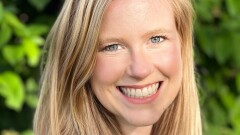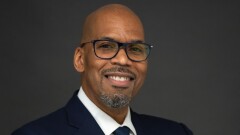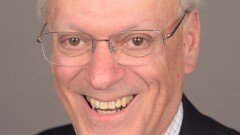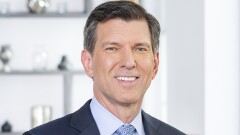As the accounting profession continues to struggle with recruiting new members to its ranks, myriad issues could be to blame. So we asked this year's Top 100 Most Influential People what they identify as the problem(s), with their answers illuminating how the profession can evolve to remain relevant to future generations.
We asked, "The profession is having trouble attracting new talent, in general and CPA exam candidates in particular. Why do you think that is?"
(To see the full responses of all the candidates for the Top 100, click

